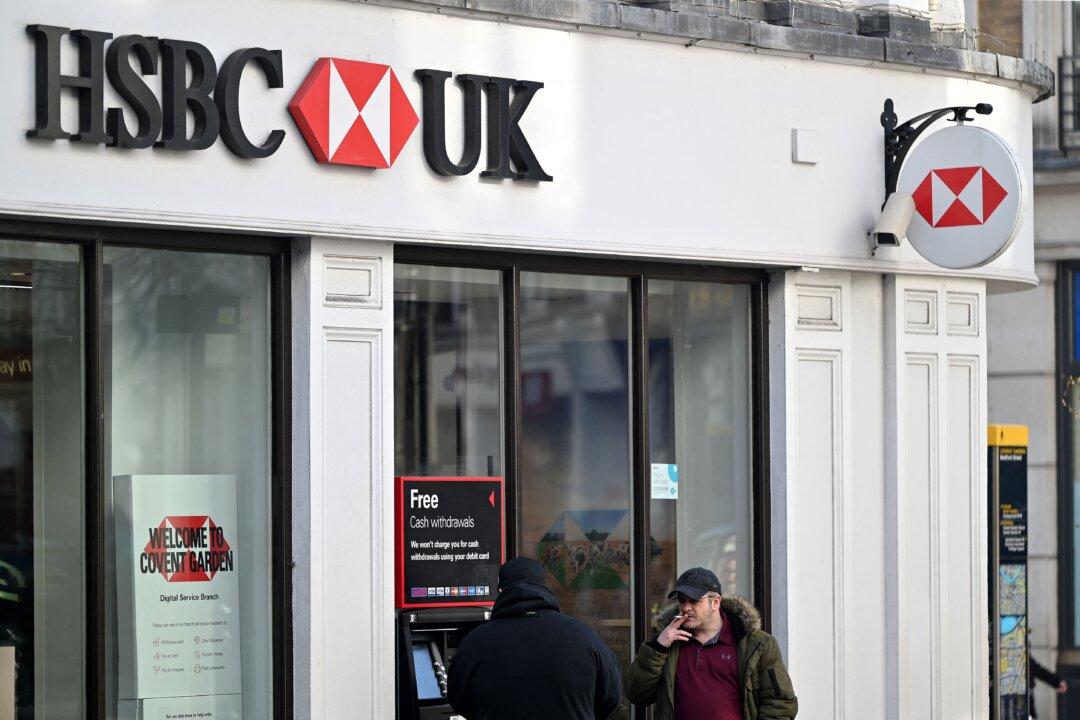New rules, under which local residents, businesses and shops can request assessment of access to cash in their area, have come into force.
From Sept. 18, banks and building societies will need to respond to local residents and community groups, who request to check whether there are gaps in local cash access.
Once a request is made by charities or local groups, the UK’s main ATM network LINK will have 12 weeks to do an assessment.
Where significant gaps are found, designated banks and building societies will follow through with the changes, such as maintaining bank branches, installing an ATM and introducing a banking hub.
Other ways to secure access to cash could see Post Office branches allowing customers to do their day-to-day banking over the counters.
“The way we spend money is changing, and far fewer of us use cash day-to-day. We don’t want to stand in the way of change, but we do want to ensure reasonable access for those who continue to rely on cash,” he said.
Low-income households, who particularly rely on cash access, could feel the impact of bank branch closures and restricted access to cash services. The cost-of-living crisis has also affected the way people choose to pay for their purchases.
Bank Branch Closures
Since 2015, more than 6,000 bank branches have closed in the country, at a rate of around 53 each month, according to analysis by consumer group Which?. Under new rules, the FCA won’t have powers to prevent further closures, but it can take action in areas where significant gaps in cash access are left as a result.Requests for a cash gap assessment can be made directly to LINK or to designated firms, which include HSBC UK, Bank of Scotland/Halifax/Lloyds and Santander UK.
“Our rules are about making sure that the banks and the co-ordinating body, being Link, listen to that,” said Emad Aladhal, director of retail banking at the FCA.
The financial services regulator has confirmed that the new rules are already having a positive impact in local communities. On Wednesday, the FCA announced that new banking hubs will be launched in 15 communities. Six communities will now get an ATM at their banking hub and six areas will get an automated deposit service or enhanced Post Office.
Existing services in these areas will not be removed before replacement services are in place, the FCA said.
“The new rules that have come into effect today are great news for consumers and businesses and will ensure that access to cash continues to be available on our high streets for years to come,” he said.
The delivery of 15 new banking hubs falls in line with the government’s commitment to roll out 350 banking hubs over the next five years. Economic secretary to the Treasury, Tulip Siddiq, said that the measures will “protect access to in person banking services and breathe new life into our high street.”







